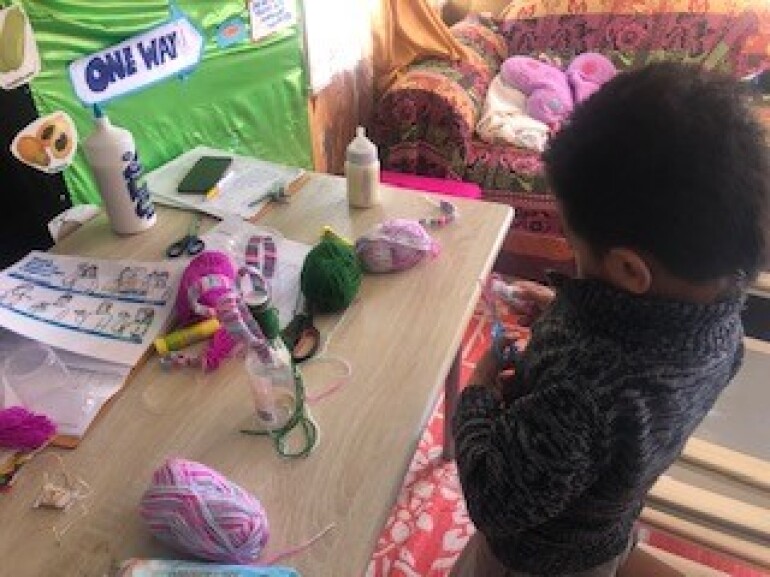News And Events

Emotional Wellbeing
4 September 2019At Nurtured at Home, we are guided by our Child Protection and Positive Guidance Policies to keep children safe from harm and nurture their physical and emotional health and wellbeing.
Thank you to Sport NZ’s Active Movement resource for the following information:
As parents and caregivers, the messages we give to children when they are moving and learning can help develop or harm self-esteem. It is important we are active role models for the children in our care; children develop good feelings about themselves when adults say and do positive things while they are active.
Being active, learning through experience and feeling confident all go together. Young children enjoy doing simple activities over and over again; learning through repetition. Words are powerful! “you chose a great book for us to read today”, “what a fantastic castle you built out of blocks”, go a long way to making a child feel special. These thoughts travel with them through adolescence and into adulthood; similarly negative comments can have a profound effect on what they think about themselves.
It doesn’t matter how old we are – we all like to feel good about ourselves. We all like to feel special; think of how you feel when someone thanks you for helping, appreciates the home baking or the job you did repairing something for them.
To help develop a child’s self-esteem, try the following:
If a child tries an activity they could hurt themselves doing, try and tell them in a positive way “that looks tricky, how can we do it safely?” and work it out together.
Tell children what they did well “you had great balance walking over that beam”, “I loved the way you bent your knees when you jumped off the box”.
Tell them about the things they do well rather than things they need to work on.
Do activities with your children. If they see you doing it, they are more likely to want to try and feel good when successful. Doing activities together gives you something nice to talk about together - how you both felt when you did it and what went well.
When doing an activity, allow children to explore and try different ways of doing it; this encourages independence and self-esteem.
Use hand signals like high fives and a thumbs up to convey appreciation of an activity done well.
Remember your body language; your comments can often say you are interested but your body language says otherwise. Children very quickly read the messages you send and may not involve you in their achievements anymore; your actions should reinforce not contradict what you say. Always notice the good and special, not just the bad and comment on it.


